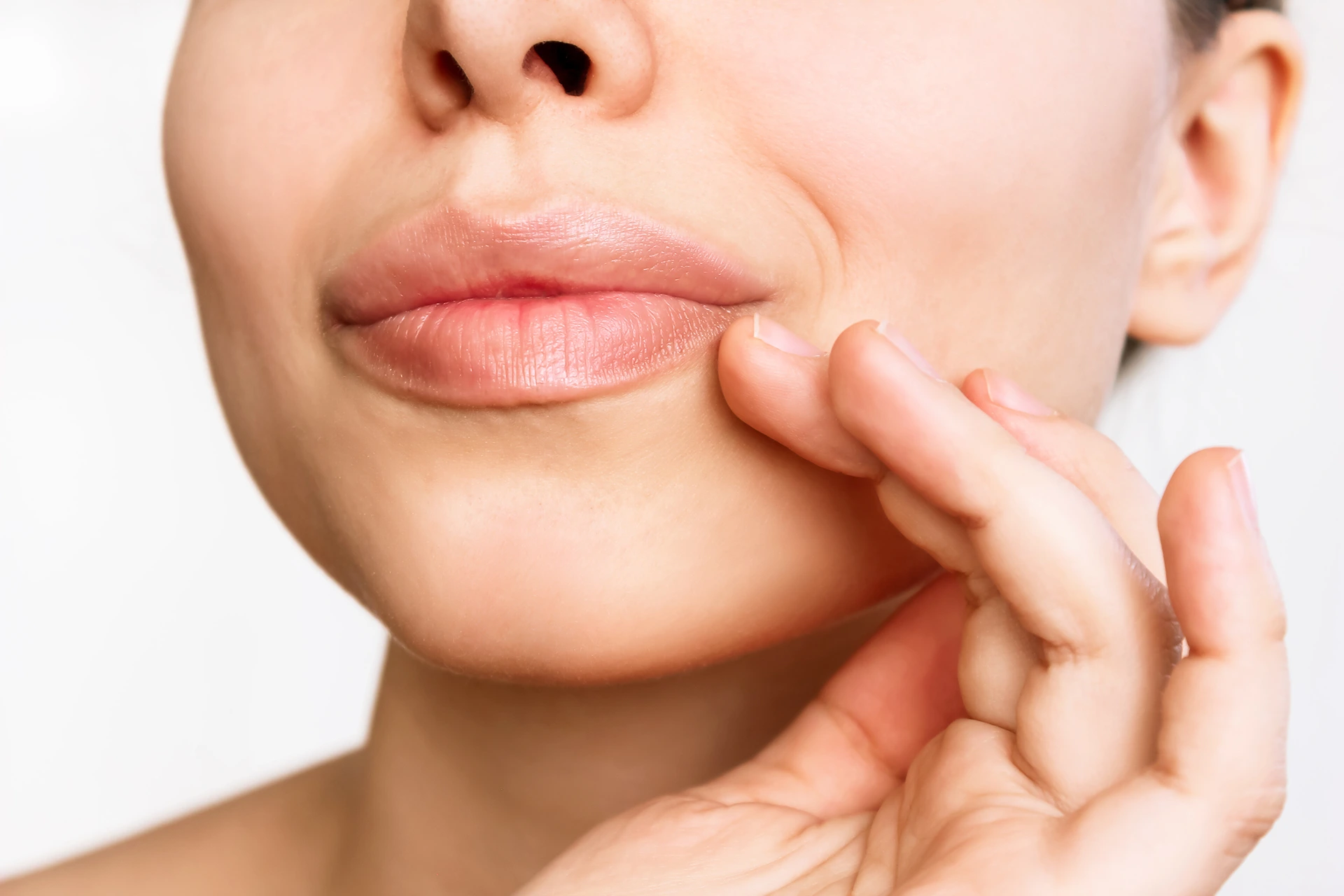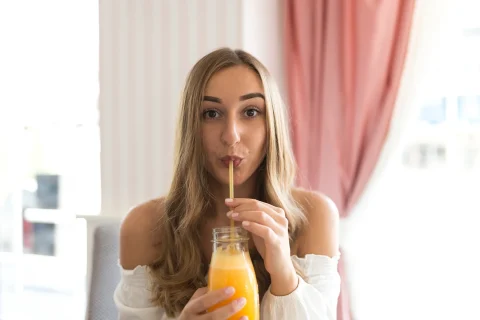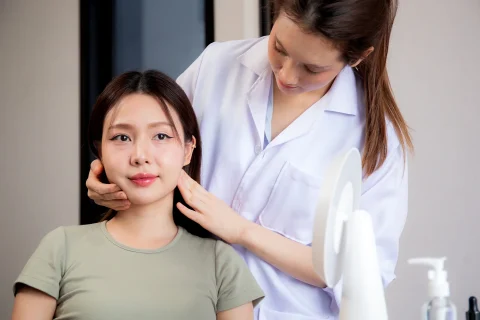Smoking and Lip Fillers: A Bumpy Road to Plumper Pouts
When you decide to get lip fillers, you want your pouty dreams to become reality. But lighting up a cigarette afterwards can put a wrench in those plans.
Think of your lips like new plants in the garden – they need tender loving care to grow beautifully. Smoke from cigarettes is like a harsh wind and hailstorm for those freshly ‘planted’ lip fillers. It contains chemicals that can damage the collagen and elastin that plump up your pout.
Nicotine constricts blood vessels, slowing the blood flow to your lips. A good blood supply is like high-octane fuel for your lip fillers – it helps them really pump up your pout.
When blood flow decreases, your lip fillers don’t get the fuel they need to properly plump up your lips.
Smoking also zaps the moisture from your lips. Dry, parched lips only look thinner – even with filler injections. Your lip skin needs to stay hydrated and get plenty of oxygen for your lip fillers to really shine.
But cigarette smoke exposes your lips to harsh chemicals instead of the water and air they need to recover properly after the procedure.
Recommendations for Smoking After Lip Filler Treatment
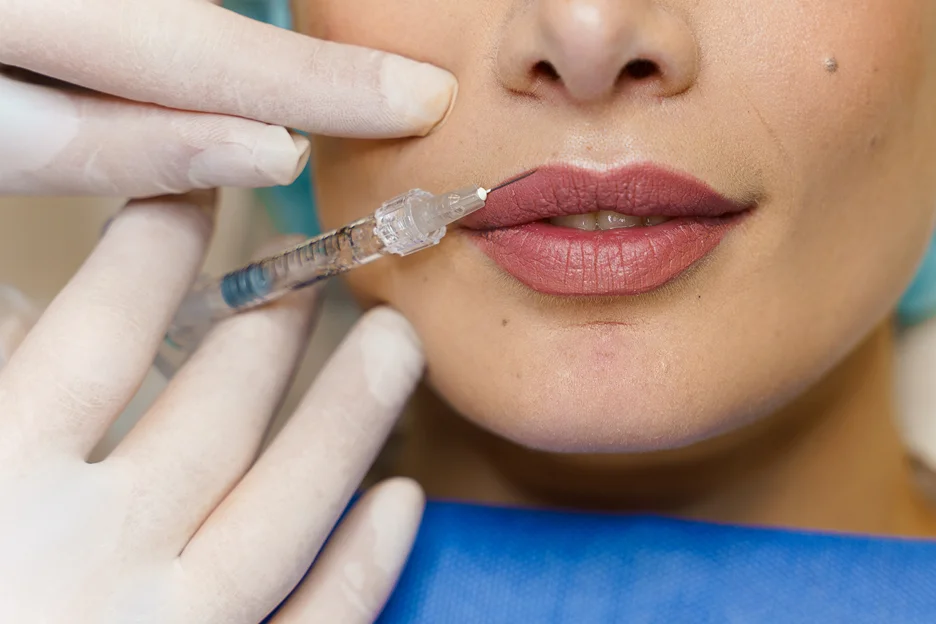
The consensus among practitioners seems to be that avoiding smoking after lip filler treatment is the best approach. Here are the specific recommendations:
Refrain from smoking for at least 48 hours after the procedure. This gives your lips time to heal from the initial trauma of the injections before being exposed to the harmful chemicals in cigarette smoke.
Try to avoid smoking for at least a week following treatment for best results. The more time you give your lips to heal and settle before smoking, the better the outcome will likely be.
If you cannot refrain from smoking for at least 48 hours, minimize the amount you smoke during the first 2-3 days after treatment. Even reducing smoking can help optimize results.
Consider pausing smoking at least 1-2 weeks before lip filler treatment. This allows your lips and skin time to detox from nicotine before undergoing the procedure and healing afterward.
Consult with your provider about the risks of smoking on your lip filler outcome. They may recommend a longer duration of abstinence based on your individual circumstances and treatment plan.
If you smoke, discuss all your tobacco use with the practitioner before treatment. This includes cigarettes, e-cigarettes, hookah, chewing tobacco, etc. They can best advise you based on your full nicotine exposure.
The key takeaway is that abstaining from all nicotine-containing products for as long as possible after lip fillers is generally recommended. Following these guidelines can help you achieve the most satisfying results and longevity from your lip filler injections.
Potential risks of smoking after lip filler treatment
Though abstaining from smoking for several days after lip fillers is recommended, there are potential risks associated with smoking too soon after the procedure:
Increased swelling and bruising
Smoking can cause blood vessels to constrict, which can worsen existing swelling and bruising from the injections. The chemicals in cigarette smoke are also damaging to tissues that are in the healing process
Higher risk of infection
The decreased blood flow and impaired healing from smoking make it easier for bacteria to infect the injection sites. This can cause problems like lip filler infection and abscesses
Faster degradation of the filler
The free radicals and chemicals from cigarette smoke may accelerate the breakdown of the dermal filler material itself, reducing its longevity and lifespan in the lips
Aggravation of inflammation
Smoking can trigger inflammatory responses due to the chemical irritation caused by cigarette smoke. This inflammation can worsen any existing irritation or redness from the lip filler procedure
Poorer overall results
Since all of the above issues – increased swelling, infection risk, decreased longevity, and aggravated inflammation – contribute to suboptimal results, smoking after lip filler injections can potentially lead to less satisfying outcomes.
By avoiding smoking for at least 48 hours after treatment, and ideally for a week or longer, you give your lips the best chance at healing properly and retaining their plumped up, fuller appearance for many months.
Following the practitioner’s smoking recommendations is important to achieve the most satisfying lip filler results.
Lip Filler Aftercare Tips Beyond Smoking
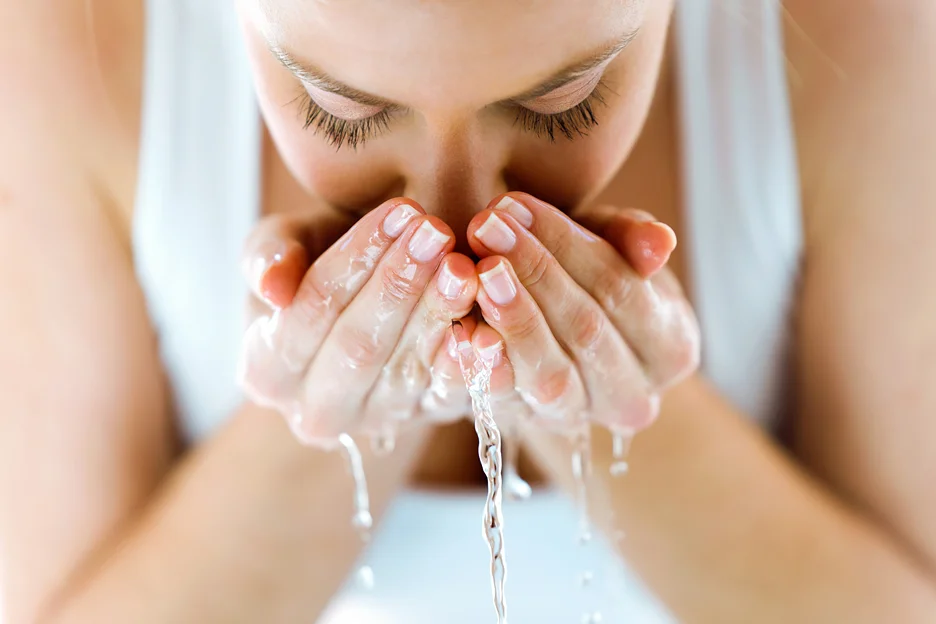
In addition to avoiding smoking, the following practices can help optimize results and recovery from lip filler injections:
Follow a cool compress routine. Gently apply an ice pack or chilled cucumber slices to your lips for 10 minutes every couple of hours to reduce swelling in the first 24-48 hours after treatment.
Stay hydrated. Drink plenty of water and other fluids to keep your body hydrated as your lips heal. Aim for around 8 glasses of water per day.
Eat soft foods. In the first 24 hours, stick to soft foods that are easy to chew and avoid placing pressure on your lips. Smoothies, soups and oatmeal work well.
Avoid strenuous exercise. For the first 48 hours, limit intense exercise that could increase your heart rate and blood flow to the lips, possibly worsening swelling and bruising. Walking is generally fine.
Sleep elevated. Prop your head up with pillows when sleeping for the first 2-3 nights after getting lip filler. This helps reduce swelling while you rest.
Be gentle washing your face. Avoid scratching or rubbing your lips excessively when washing. Pat them dry instead of rubbing with a towel.
Avoid harsh products. Don’t apply lipstick, balm or other makeup to the treated area for at least 24-48 hours. These products could irritate the injection sites.
Take painkillers if needed. Over-the-counter medications like acetaminophen or ibuprofen can help relieve any minor pain or discomfort. Avoid aspirin which may increase bruising.
See your doctor right away if you notice fever, extreme discomfort or other signs of infection at the injection sites. Early treatment of lip filler complications gives the best chance for a positive outcome.
FAQ: Can You Smoke After Lip Fillers?
Can I continue taking blood thinners after lip fillers?
If you’re on a blood thinner like aspirin or warfarin, discuss with your injector beforehand. Some medications may require stopping for a couple days around the cosmetic treatment.
However, hyaluronic acid fillers tend to be safe with most standard blood thinners if you minimize bruising in other ways like icing and compressing the lips.
When can I work out after dermal filler injections?
Avoid high-impact activities and lots of moving around for at least a week after lip injections. Give your lips time to settle from the trauma of the procedure before engaging in physical activity that could worsen swelling and bruising.
After about a week, you can usually resume regular workouts as long as you take it easy at first and monitor your lips for any issues.
How soon will cold sores show up after lip injections?
While rare, a cold sore outbreak can occur in the days following lip fillers – often within 3 to 5 days.
If you’re prone to cold sores, prophylactic antiviral medication before and after lip injections can help reduce this risk. But speak with your injector about the best preventative steps for you.
Do I need to change my diet after lip fillers?
Sticking to a soft, low-spice diet for the first couple of days after lip injections can help reduce inflammation and irritation as your lips heal.
Avoid spicy foods, citrus fruits and hard/crunchy items that may irritate sensitive skin. But you can usually return to your normal diet after initial swelling goes down.
How much water should I drink during lip filler recovery?
Drinking plenty of water is important for healing after any cosmetic procedure.
Aim for around 8-12 glasses of water per day for the first week after lip injections to help flush out toxins, reduce swelling and keep your lips hydrated as they heal. The extra fluids will also help pass any fillers that migrate out of the lips.


